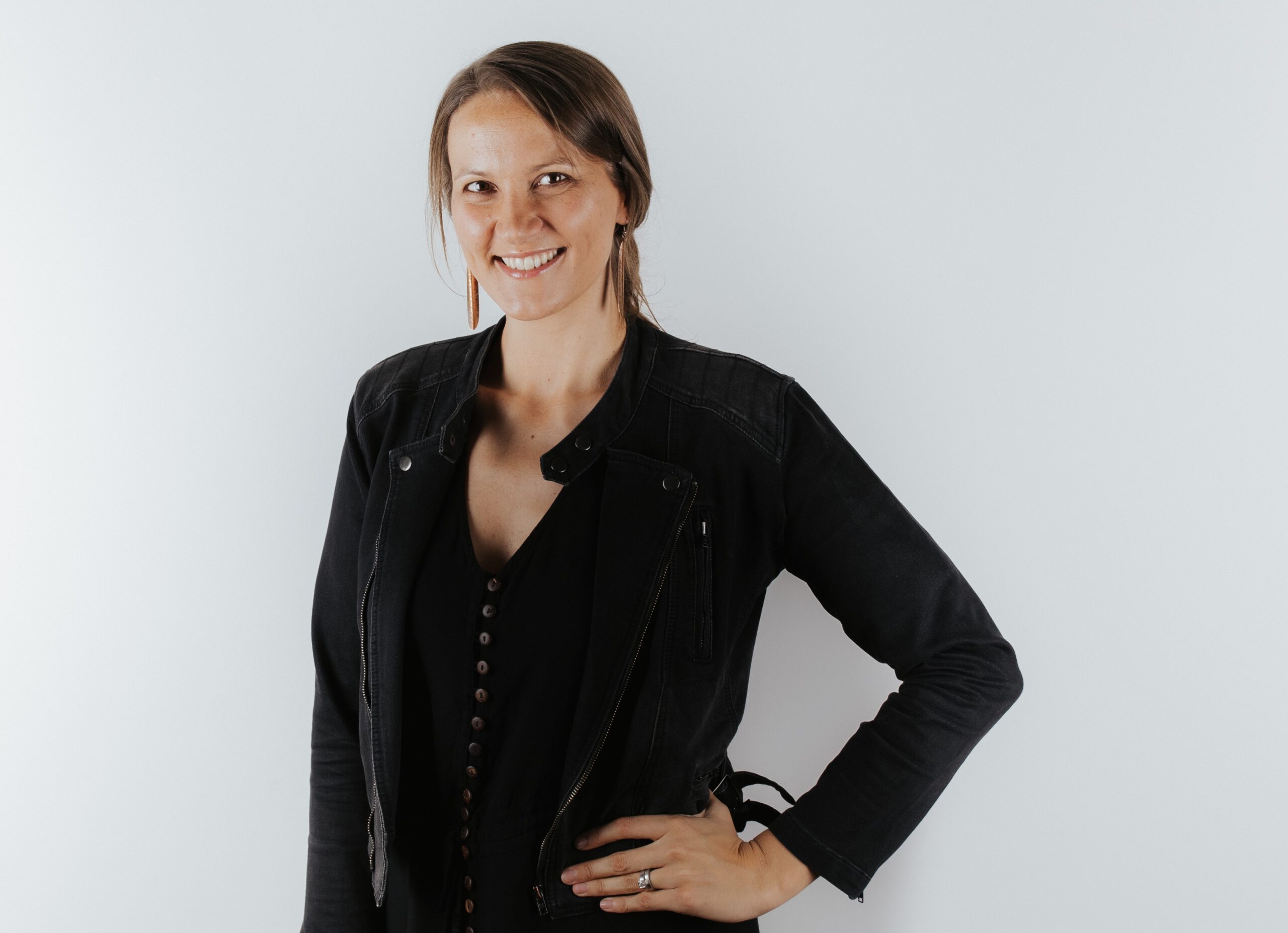For the love of locally made food & drink
The Good Food Collective is growing in popularity with Kiwis wanting to consume less processed items and do something good for the environment. Unfortunately, 2023 didn’t start the way anyone […]
The Good Food Collective is growing in popularity with Kiwis wanting to consume less processed items and do something good for the environment.
Unfortunately, 2023 didn’t start the way anyone expected with different weather events impacting the community in all sorts of ways. Local producers were challenged as farms, orchards and paddocks were damaged and others saw their deliveries and supplies delayed.
But there was at least one bright note – Kiwis’ support for New Zealand made gourmet food and drink has gone up.
According to The Good Food Collective, more and more Kiwis are taking pride in New Zealand made products and supporting local artisans. They have seen a 56 percent increase in shoppers compared to 2022.
Originally launched in 2020, The Good Food Collective is growing in popularity with Kiwis wanting to consume less processed items and do something good for the environment.
The Good Food Collective combines the experience of exploring the local market with the convenience of shopping online by showcasing the gourmet food and drink made by talented artisans. It aggregates alcohol, pantry staples, small goods, sweets, plant based, gluten free and many other products to make life taste good.
It features nearly 60 small to medium sized businesses from 13 different regions including Canterbury, Bay of Plenty, Waikato, and Northland which helps these businesses reach a national audience.
Seventy percent of purchases are by shoppers in a different region to its artisan maker and 34 percent of total purchases are from people located in another island to the maker. Each artisan has a unique story about why they began making their tasty products. Some have honed their craft for years and others started during Lockdown. Many are award winners and some even have fans including Jamie Oliver!
This includes Oren Dalton (pictured below), founder of Lone Bee, and Heidi Sutcliffe, owner of Nana Dunn & Co (pictured above with Nana and Lara Dunn).
Oren says, “After many years of recipe perfection, Lone Bee was created from a passion to produce the world’s best sparkling honey mead from Aotearoa’s finest Clover & Mānuka honey with no preservatives, flavourings, or additives. I believe Kiwi artisans have so much passion in what they do which is evident in the amazing products they produce.
“There’s no way I would have ever dreamed of Jamie Oliver picking up a bottle of Lone Bee and raving about how good it is. This is testament I believe, to that passion and drive to create the world’s best sparkling honey mead,” Oren says.
“Nana Dunn + Co was started four years ago as a bit of a project for my cousin and I, as we wanted to keep our old family pickled onion recipe alive,” Heidi shares. “It has evolved into a fulltime business for my husband Scott (a chef by trade) and I, after selling our restaurant, then cafe, to focus solely on our love of small batch bottling and preserving with long standing family recipes.
“The love of artisan foods and products has never been stronger, and we have watched our local Tauranga Farmers Market grow considerably over the two years that we’ve been attending it,”
Heidi continues. “Every region in New Zealand has something unique to offer and more people are choosing to support artisans. By going online during COVID-19, we really got our product out there and we’ve had a great online following ever since. Along the way we’ve achieved bronze, silver and gold artisan awards which makes peeling all those onions worthwhile!”
It seems that more than ever before Kiwis are supporting businesses who are completely New Zealand owned and operated, and wanting products that are mostly crafted with local ingredients that are ethically and fairly sourced.
The importance of supporting other New Zealand businesses is at the forefront of every decision made by The Good Food Collective, even the website and packaging are locally sourced although it would have been cheaper to take up offshore options.
Find out more at www.thegoodfoodcollective.co.nz






